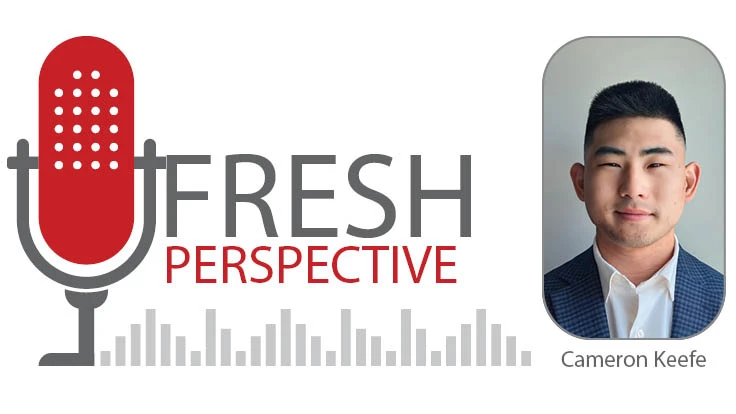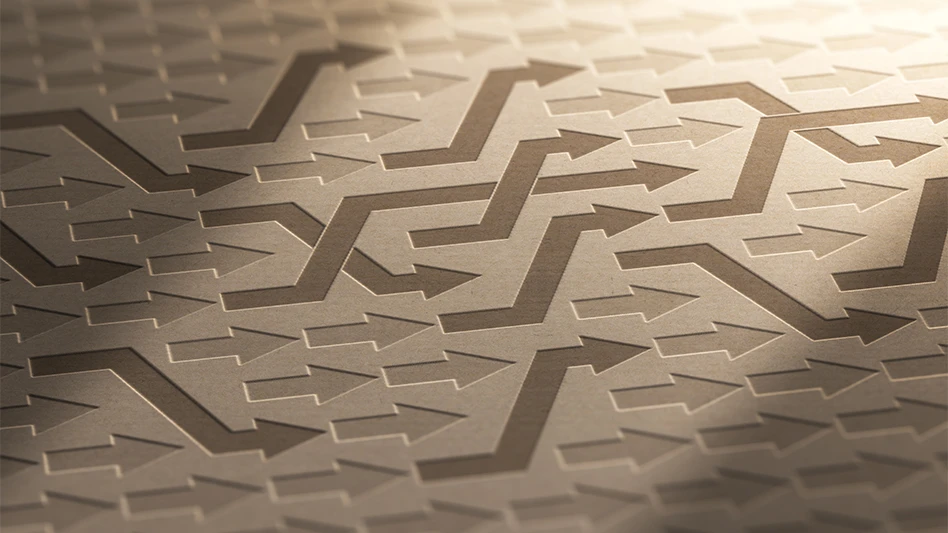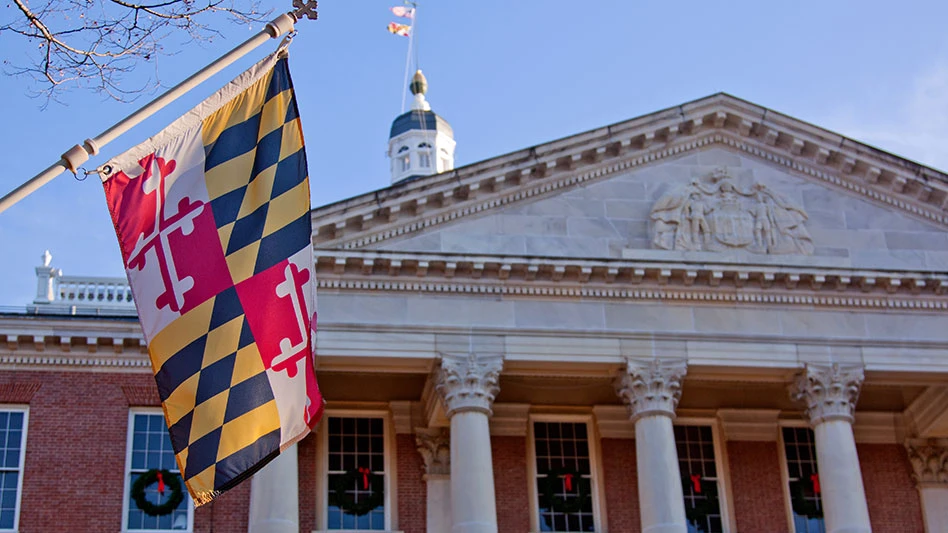
Photo courtesy of Recycleye Ltd.
The SWEEEP Kuusakoski electronic scrap recycling facility in Sittingbourne, United Kingdom, is host to a Recycleye optical sorting unit that also uses machine learning to help identify and separate mixed materials.
SWEEEP Kuusakoski, part of Finland-based Kuuskoski Oy, and London-based Recycleye Ltd. call the installation the first such use of artificial intelligence- (AI-) powered metals sorting in a commercial waste electrical and electronic equipment (WEEE) application in the U.K.
While AI and machine learning increasingly are being used to sort mixed household packaging and residential collected materials, it has not been widely applied to shredded WEEE or metals sorting.
In Sittingbourne, one of the critical tasks of the Recycleye device will be to identify and remove batteries from the wider materials stream. At recycling facilities around the world, lithium-ion batteries in particular increasingly have been identified as a fire hazard.
“This innovation will not only increase the value of our material output but also safeguard our staff and facilities, as the AI vision operates 24/7 to detect batteries,” SWEEEP Kuusakoski CEO Barry Walker says.
According to Recycleye, the multimaterial nature of batteries can make them difficult to detect with near-infrared (NIR) optical technology alone, and battery removal often becomes a manual task. Machine learning, the vendor says, has the potential to detect and eject batteries based on visual features, ideally reducing the risk of ignition during the sorting process.
Recycleye worked with Kuusakoski to deploy an optical sorter that uses AI and machine learning to innovatively sort e-scrap for recycling.
While many existing optical sorters use pneumatic ejection, the integration of the technology with AI rather than NIR is novel to this application, according to Recycleye. “Using AI to detect objects means they are identified by a range of visual features, just like a human eye, rather than by purely color and light-based sensors,” the firm says.
In WEEE applications, this means the new technology can detect printed circuit boards (PCBs) distinctly from other pieces of metal and plastic, according to Recycleye, so precious metal content can be extracted for recovery.
“Historically, existing optical sorters have struggled to identify PCBs accurately when broken into small fractions, so AI-powered ejection is now equipping metal recyclers like SWEEEP with new capabilities,” the vendor contends.
At the Kuusakoski site in Sittingbourne, Recycleye’s AI-powered optical sorter is installed at the back end of the plant, sorting between higher value items with precious metal content—those containing copper, PCBs, cables and brass—and other materials, including aluminum, plastics, ferrous metals and batteries. By ejecting the lower-value materials through AI-powered detection, the system is cleaning up SWEEEP’s valuables line to support purer material streams, according to the two companies.
“As one of the U.K.’s leading electrical equipment collection and recycling specialists, we are confident that the additional purity this investment achieves will enable us to supply even greater volumes of low-carbon and resource efficient raw materials back into the circular economy," Walker says.
The installation in Sittingbourne is the first time Recycleye has combined its AI or machine learning with an air jet system. The vendor says it marks a first step it is taking along with SWEEEP Kuusakoski in evaluating the impact of AI on WEEE sorting.
“This is an important milestone for the use of our AI and sorting technology," says Zoe Cook, a technical sales manager with Recycleye. "This successful application in the sorting of WEEE demonstrates that AI-powered sorting automation can be utilized to tackle even more waste categories, due to the flexibility to adapt machine learning models to different streams."
Get curated news on YOUR industry.
Enter your email to receive our newsletters.
Latest from Recycling Today
- Plastics Recycling Conference 2025: Working toward their targets
- SWACO rolls out new commercial recycling and food waste programming
- Updated: Matalco to close Canton, Ohio, plant
- Metso launches electric Anode Weighing and Casting Machine
- Circular by Shapiro releases '5 for Five' sustainability series
- Graphic Packaging set to close Ohio CRB facility
- Ameripen voices support for Maryland EPR bill
- Maryland county expands curbside recycling to include electronics





